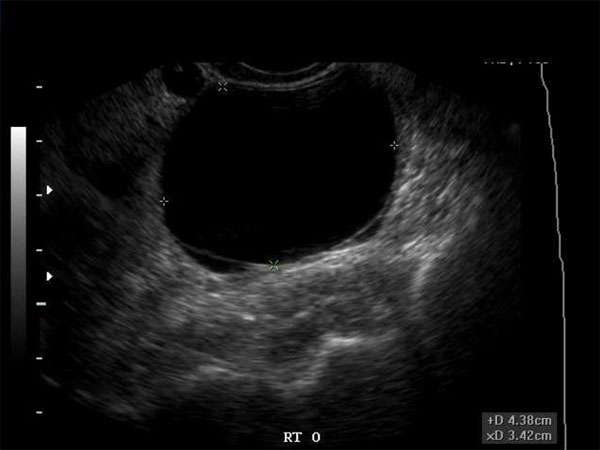The Importance of CME in Keeping Healthcare Professionals Updated
Why Continuing Medical Education (CME) is Essential for Healthcare Professionals
Continuing Medical Education (CME) plays a vital role in the healthcare industry, ensuring that healthcare professionals stay up-to-date with the latest advancements, research, and best practices in their respective fields. This applies to various healthcare professionals, including sonographers, doctors (Radiologists, OB/GYN, Emergency Medicine, Family Practice, Internal Medicine), Nurse Practitioners, and Physician Assistants.
Requirements for CME
Healthcare professionals are typically required to engage in ongoing education and training to maintain their licensure or certification. The specific requirements for CME vary depending on the profession and the governing bodies that oversee their practice.
For example, sonographers may need to complete a certain number of CME credits annually to maintain their registration with the American Registry for Diagnostic Medical Sonography (ARDMS). Similarly, doctors must meet the requirements set by their respective medical boards, such as the American Board of Radiology (ABR) or the American Board of Obstetrics and Gynecology (ABOG).
Nurse Practitioners and Physician Assistants also have their own set of requirements, often determined by their state licensing boards or national certifying organizations like the American Nurses Credentialing Center (ANCC) or the National Commission on Certification of Physician Assistants (NCCPA).
Importance of CME
Continuing Medical Education is crucial for healthcare professionals for several reasons:
Staying Updated with Advancements and Best Practices
Medical knowledge and practices are constantly evolving. Through CME, healthcare professionals can stay updated with the latest research, technologies, and treatment options available in their fields. This ensures that they provide the most current and effective care to their patients.
Improving Patient Outcomes
By staying informed and educated, healthcare professionals can enhance their skills and knowledge, ultimately leading to improved patient outcomes. Updated medical knowledge allows for accurate diagnoses, appropriate treatment plans, and the ability to navigate complex medical situations confidently.
Meeting Regulatory Requirements
CME is often a mandatory requirement for healthcare professionals to maintain their licensure or certification. Failing to meet these requirements can result in professional consequences, such as loss of license or limitations on practice. Engaging in regular CME activities ensures compliance with regulatory bodies and guarantees the continued ability to practice.
Networking and Collaboration Opportunities
CME events and conferences provide healthcare professionals with valuable networking and collaboration opportunities. These platforms allow professionals to connect with peers, exchange knowledge, and engage in discussions, fostering a sense of community and continuous learning.
Enhancing Professional Development
Continuing Medical Education contributes to ongoing professional development by expanding healthcare professionals’ skillsets, knowledge base, and critical thinking abilities. It allows individuals to explore new areas of interest, specialize in specific fields, and broaden their career opportunities.
Conclusion
Continuing Medical Education is a fundamental component of maintaining the highest standards of patient care and professional competence. Whether you are a sonographer, doctor, nurse practitioner, or physician assistant, staying updated through CME ensures that you are providing the best possible care to your patients while meeting regulatory requirements and advancing your career.






